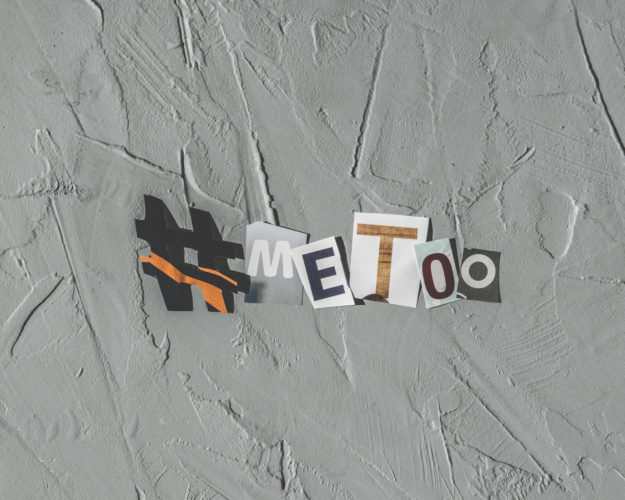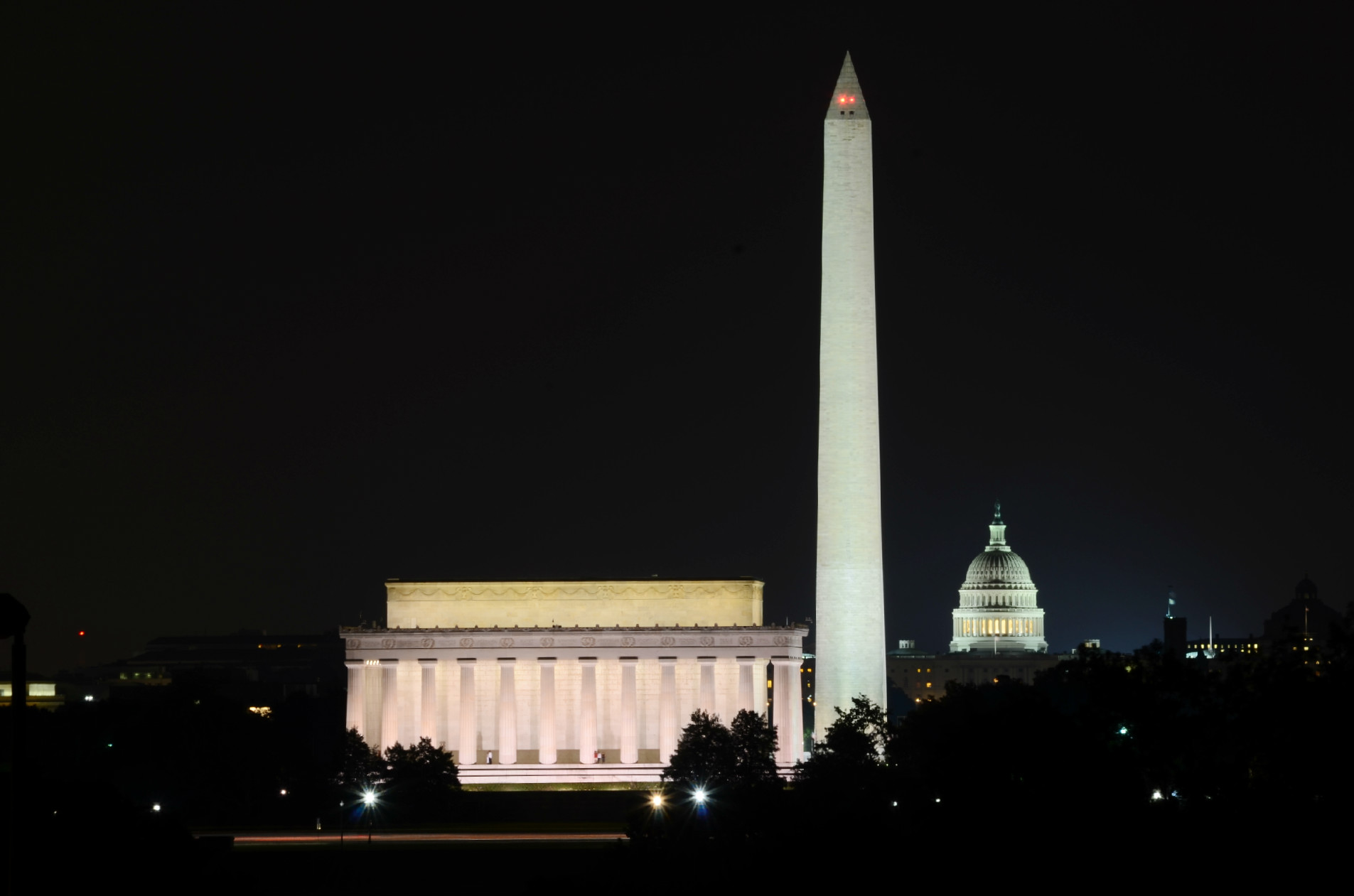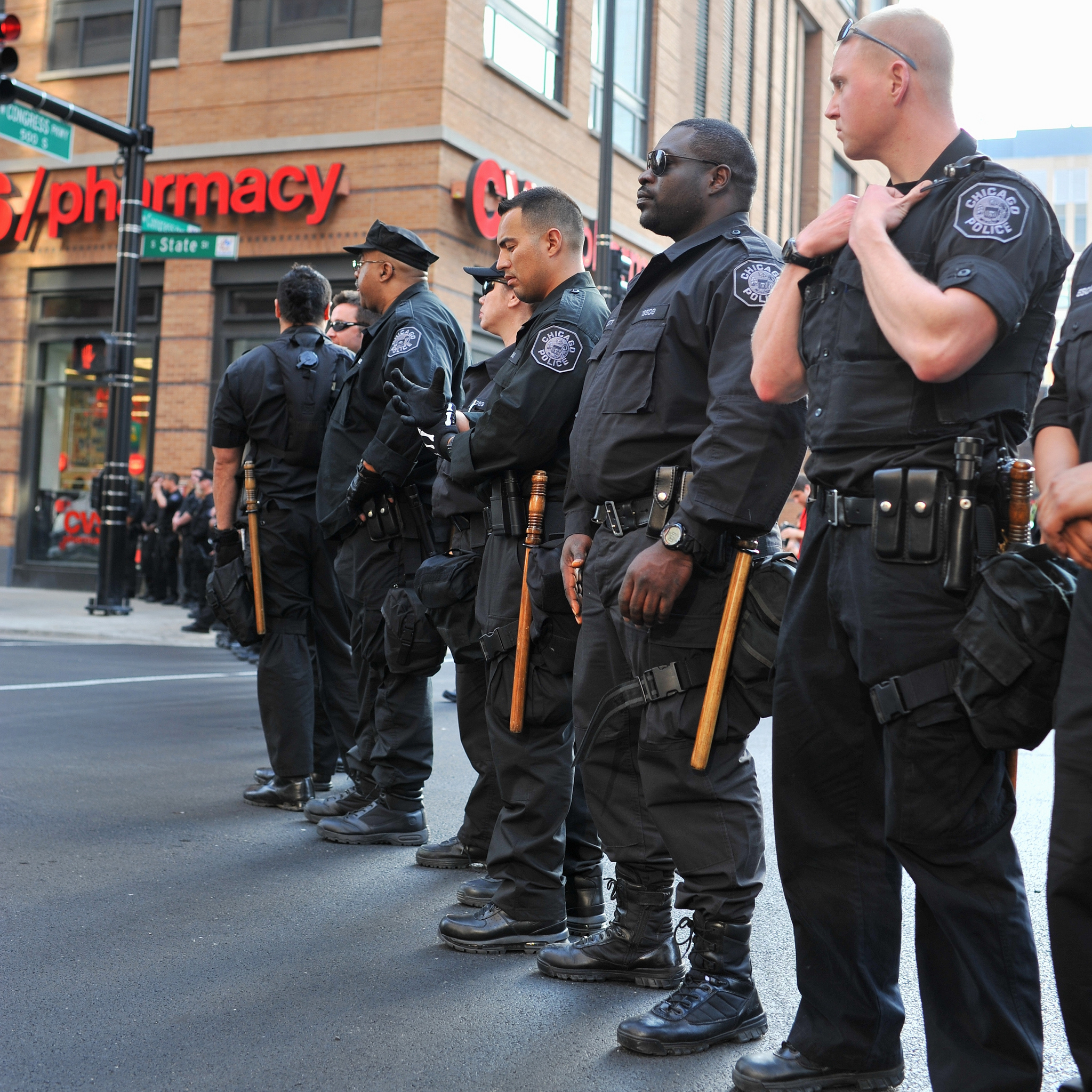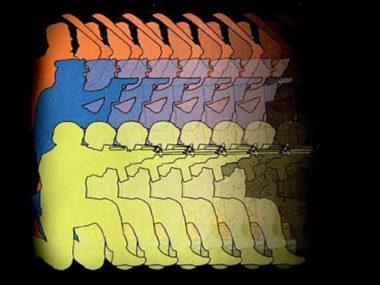By Elin Bjarnegård, Karen Brounéus, and Erik Melander
Male political activists in Thailand who subscribed to masculine honor ideology were four times more likely to use violence in political uprisings than political activists who did not embrace such values. New research sheds light on the importance of gender equality for peace-building.
During the past weeks, the #MeToo-campaign has spread like wildfire in social media, illuminating the extent to which women are subject to everyday sexual abuse around the world. That men across societies diminish women and feel a sense of entitlement to their bodies is part and parcel of patriarchal ideals. The #MeToo-campaign has as such also highlighted the destructive consequences of certain ideals of masculinity. Taken together, these attitudes – i.e. patriarchal values and ideals of masculine toughness – may be among the most important issues the world has to tackle in the coming years as their implications are far-reaching for peace and security. One of the strongest research findings on political violence is that societies with more equality between men and women tend to be more peaceful. This holds true even when taking into account alternative explanations such as levels of development or democracy. But why is this so? How, exactly, does gender equality lead to peace?
Our newly published article suggests that beliefs about the inferiority of women and the prescribed violent role of men, or honor ideology, has something to do with it. In our research, we asked what distinguishes male political activists who used violence in political uprisings in Thailand from those who did not. On a global scale, men have been strongly over represented in political violence throughout history. However, the number of individuals actually engaging in political violence is often surprisingly small. But the effects of these few are dire, as violence during a political struggle can be extremely destructive and yet have far-reaching consequences. To date we have known very little about what separates the small group that engages in political violence from the large majority that does not.
To explore this knowledge gap we carried out a survey in Thailand in 2012-2013. This was before the military coup in 2014, but not long after outbursts of political violence which claimed more than a hundred lives in riots and a military crackdown in 2010. We were interested in the puzzle of why more gender-equal societies tend to be more peaceful. To explore this question we investigated whether there was any difference in attitudes towards gender roles in those men who had taken to arms in political uprisings compared to those who had not.
Building on previous research on masculinities, i.e., beliefs about what it means to be a real man, we wanted to study the role of honor ideology and its links to violence. We define masculine honor ideology as the product of two separate but related aspects of honor that apply primarily to men. The first aspect is patriarchal values, i.e. that men should be privileged in society and have control over female sexuality. The other is ideals of masculine toughness i.e., that men must be fierce and willing to use violence to defend their status.
Thailand was a suitable setting for testing our ideas. The country has considerable variation in the factors that we wanted to study: the population has different levels of participation in political violence, and there has been a substantial but uneven gender equality progress. We believe that in order to effectively apply the peacebuilding potential of gender equality, we must first understand why and how it matters for peace. Only then can specific policy recommendations be formulated.
In order to capture the voices of those few who engage in violent political uprising we interviewed members of the two conflict parties in the recent political violence in Thailand: the so-called red-shirts and yellow-shirts. The results confirmed our suspicions: male political activists subscribing to honor ideology had participated in political violence to a much larger degree than those who did not embrace such values.
It is now seven years since the street-fights and fire-bombings in Bangkok, and three years since the latest military coup, which the generals justified with the need to quell unrest and corruption in the country. In other research, we have shown that the two main opposing activist movements, the red-shirts and yellow-shirts, do not represent the views of the great majority of the Thai population. In our new article we show how the activists who participated in violence also differed from the majority of the other political activists.
Thailand’s failed transition to democracy is important to understand in itself. The country seems to have reached a political standoff, where the military has secured a constitution that will guarantee their political influence even in the event of general elections. However, for Thailand’s future, it is important to understand how honor ideology in small parts of the population may provoke violence in peaceful demonstrations. We hope that our results can prove useful for how to build a more peaceful society in Thailand in the future.
Importantly, we have also learnt something of more general significance: While participation in political violence is still overwhelmingly a male activity, most politically active males never use violence. In order to understand political violence, we need explanations that can account for both of these patterns. We believe that our theory of masculine honor ideology is an important building block for explaining how gender equality is linked to peace.
Elin Bjarnegård is an Associate Professor at the Department of Government, Uppsala University, Sweden.
Karen Brounéus is an Associate Professor at the Department of Peace and Conflict Research, Uppsala University, Sweden.
Erik Melander is a Professor at the Department of Peace and Conflict Research, Uppsala University, Sweden.







3 comments
The blogpost links to an earlier conference paper (free). The study was recently published in Journal of Peace Research as “Honor and political violence: Micro-level findings from a survey in Thailand”
http://journals.sagepub.com/doi/abs/10.1177/0022343317711241?journalCode=jpra
Any thoughts on reverse causality (peace causing gender equality)?
Michael, this is what we wrote about reverse causality in the article:
Is it possible that embracing honor ideology is a consequence of being exposed to violence or threats of violence, so that the direction of causality is from participation in violence to honor ideology? A coherent argument can be made that people become more warlike in their attitudes when their environment and experiences suggest that there is a need for manly warriors. We explored this possibility in several different ways, and conclude that there is no indication that our results are due to reverse causality.
First, we tested whether honor ideology is systematically related to having served in the armed forces. All armed forces socialize recruits into a warrior role and try to convince them of the necessity and virtue of military service. One would thus expect that men who have served in the armed forces would espouse honor ideology more strongly than other men, if the causal direction is the opposite from what we hypothesize. In Thailand, conscription among men is enforced through lottery. As a result, a large proportion of the men in Thailand have served in the armed forces (18% in our survey). However, in numerous tests, we find no indication that honor ideology is stronger among men who have served in the military compared to other men .
Furthermore, our survey includes questions on whether the respondent has been a victim of violence or threats of violence, personally or directed against one’s family. If the causal direction goes from violence to honor ideology, we would expect to see that people who have experienced violence or threats of violence have higher honor ideology; however, numerous tests failed to show any such relationship .